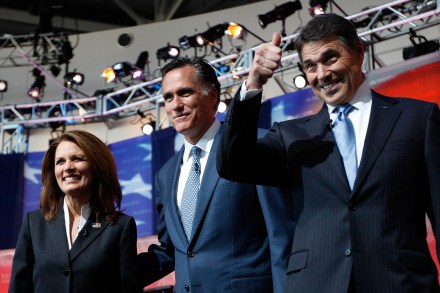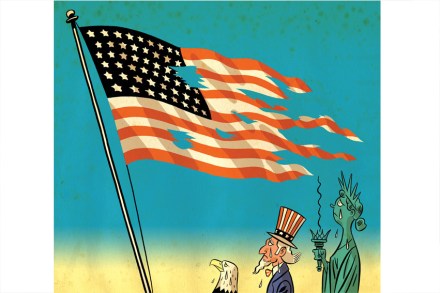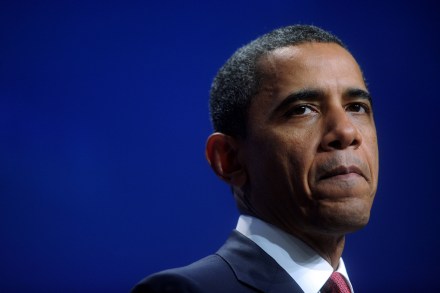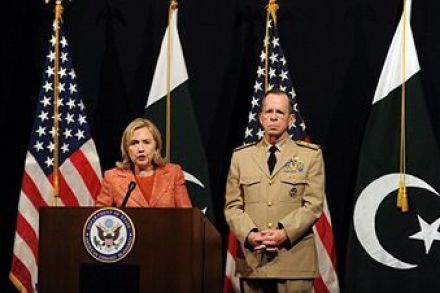Preparing for the US Presidential election
One thing British politics has yet to rise up to is how possible it is that Barack Obama might lose next year. All the pollsters have his approval rating in negative territory, Gallup has him down by ten, and the American economy looks likely to deteriorate between now and November 2012. But the big thing in Obama’s favour is the weakness of the Republican field. Bill Kristol’s cry of pain about the quality on show in last night’s primary debate sums up Republican establishment worries that none of the candidates cut it. We can now expect another push to get a new candidate into the race. Chris Christie, the governor



















